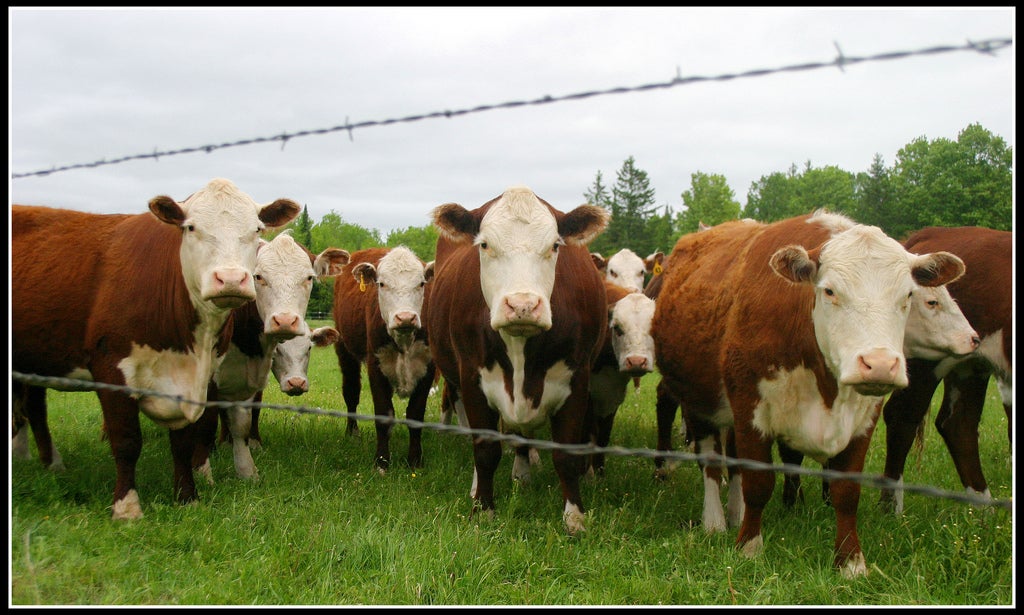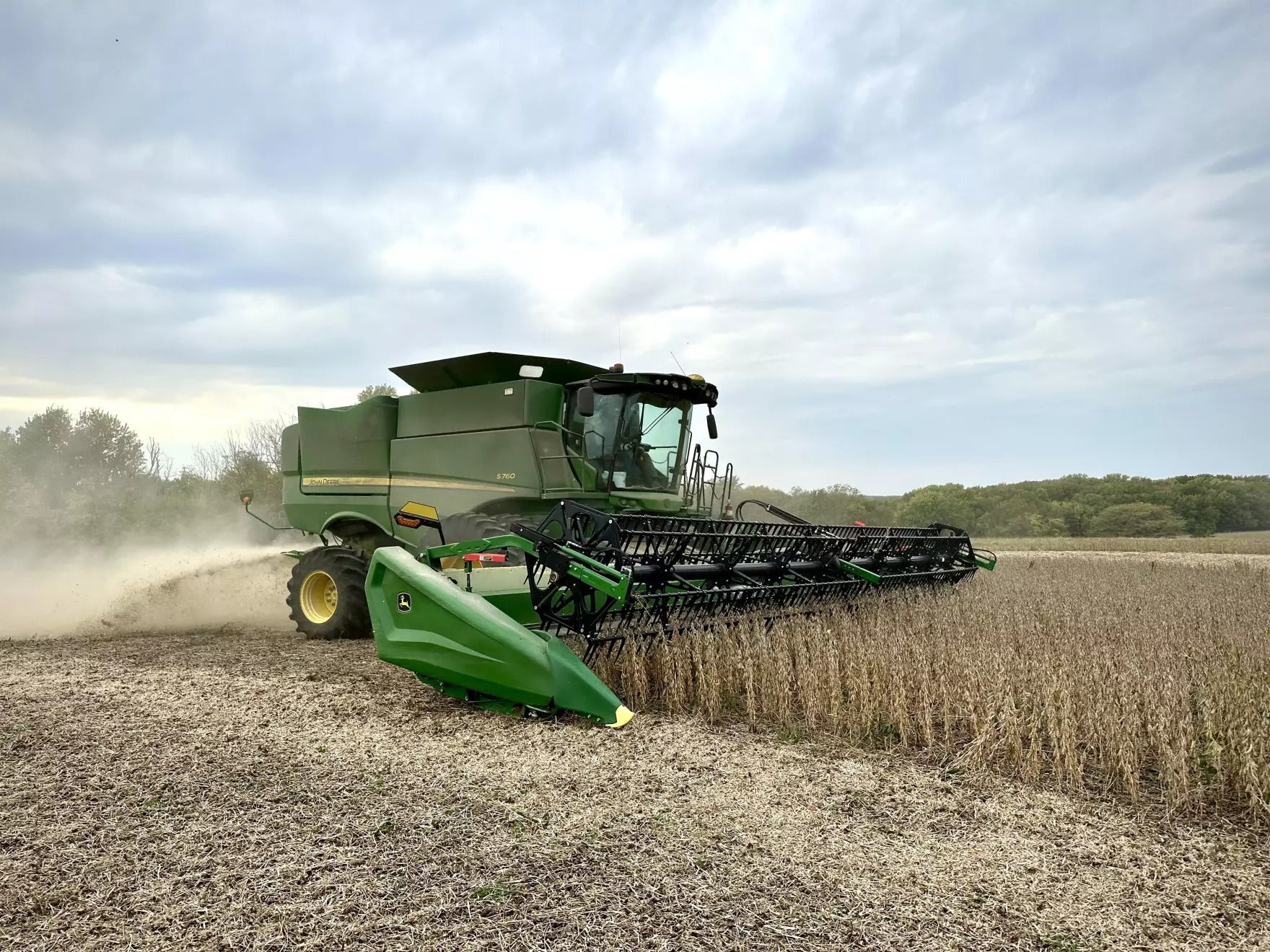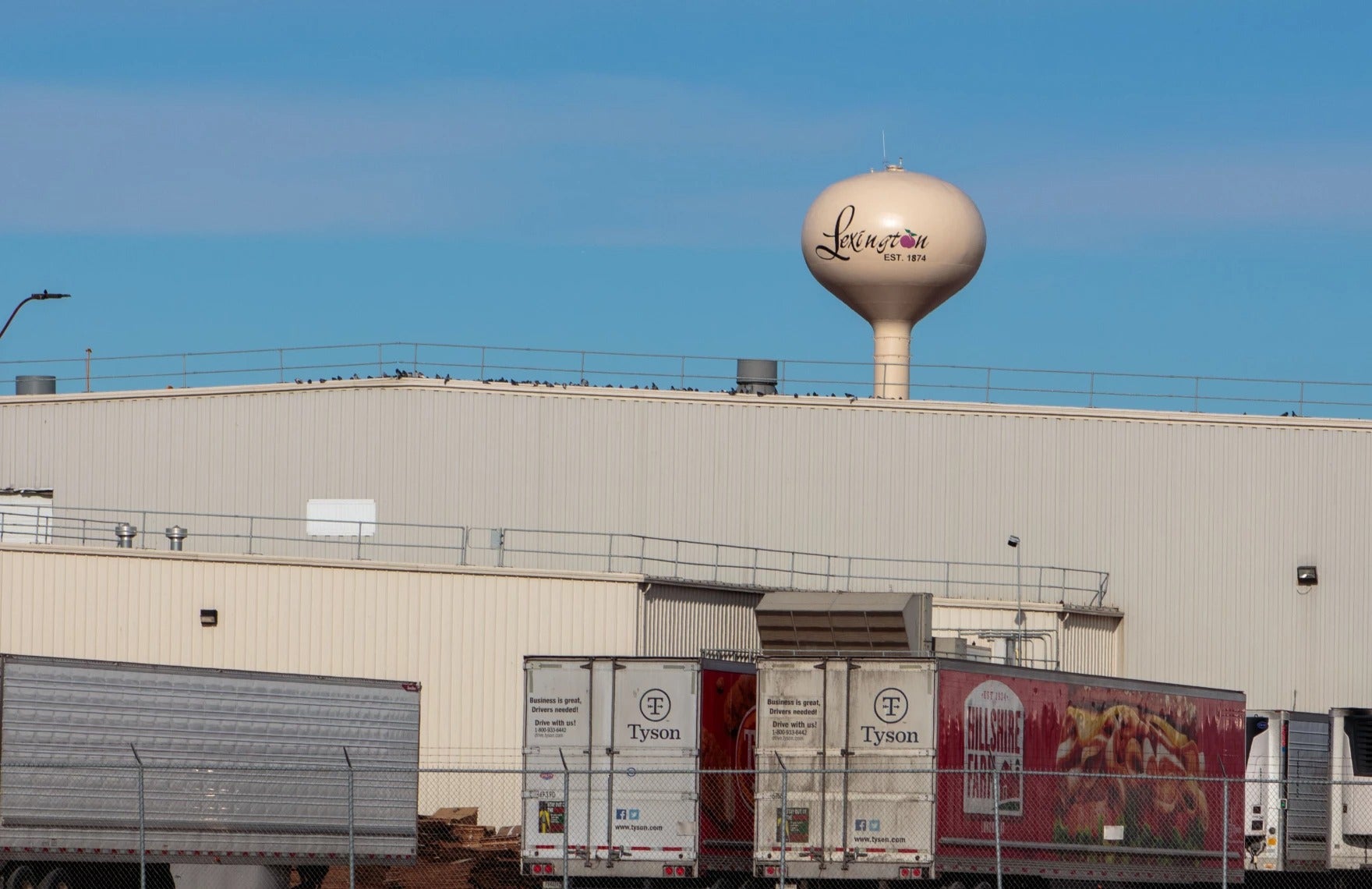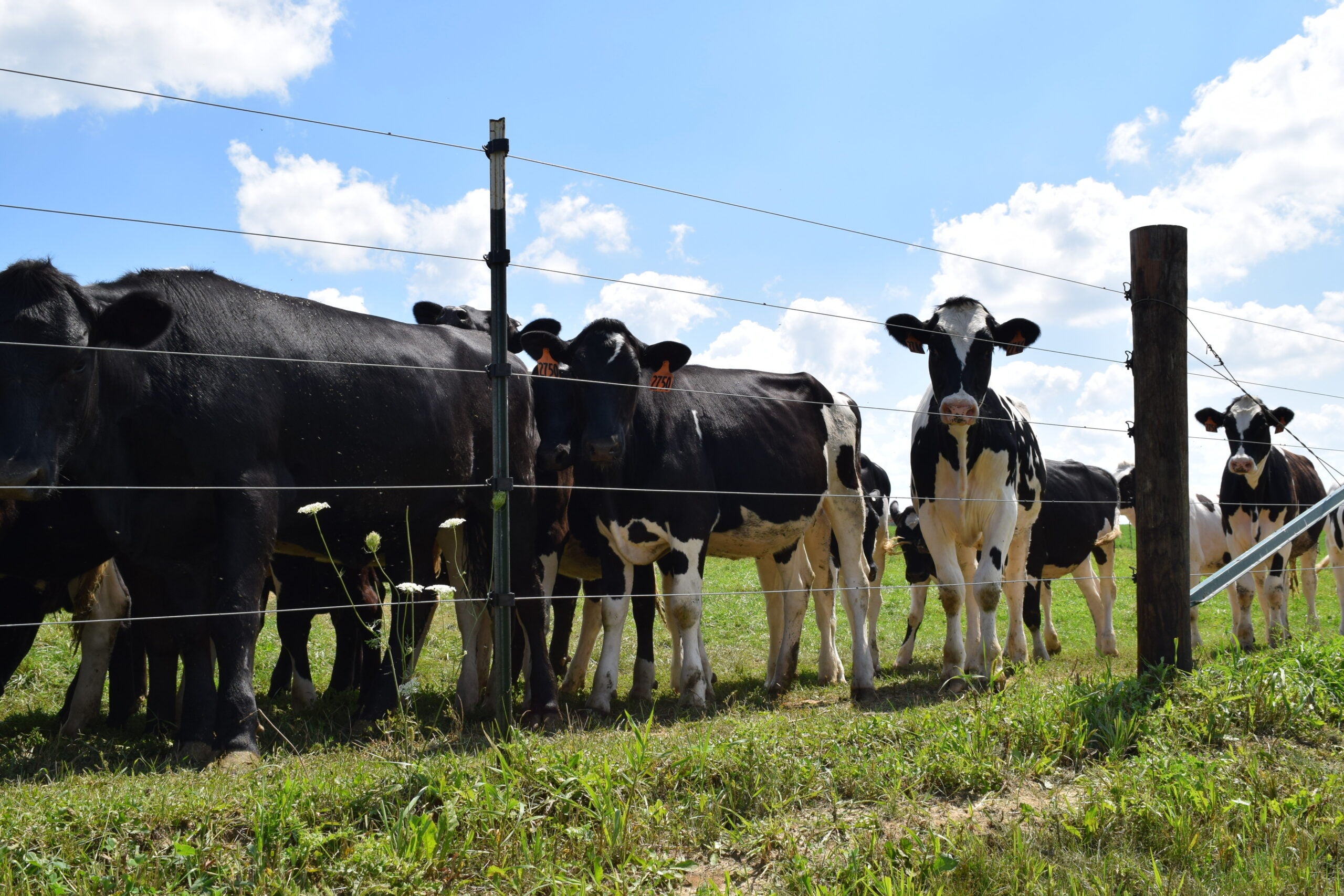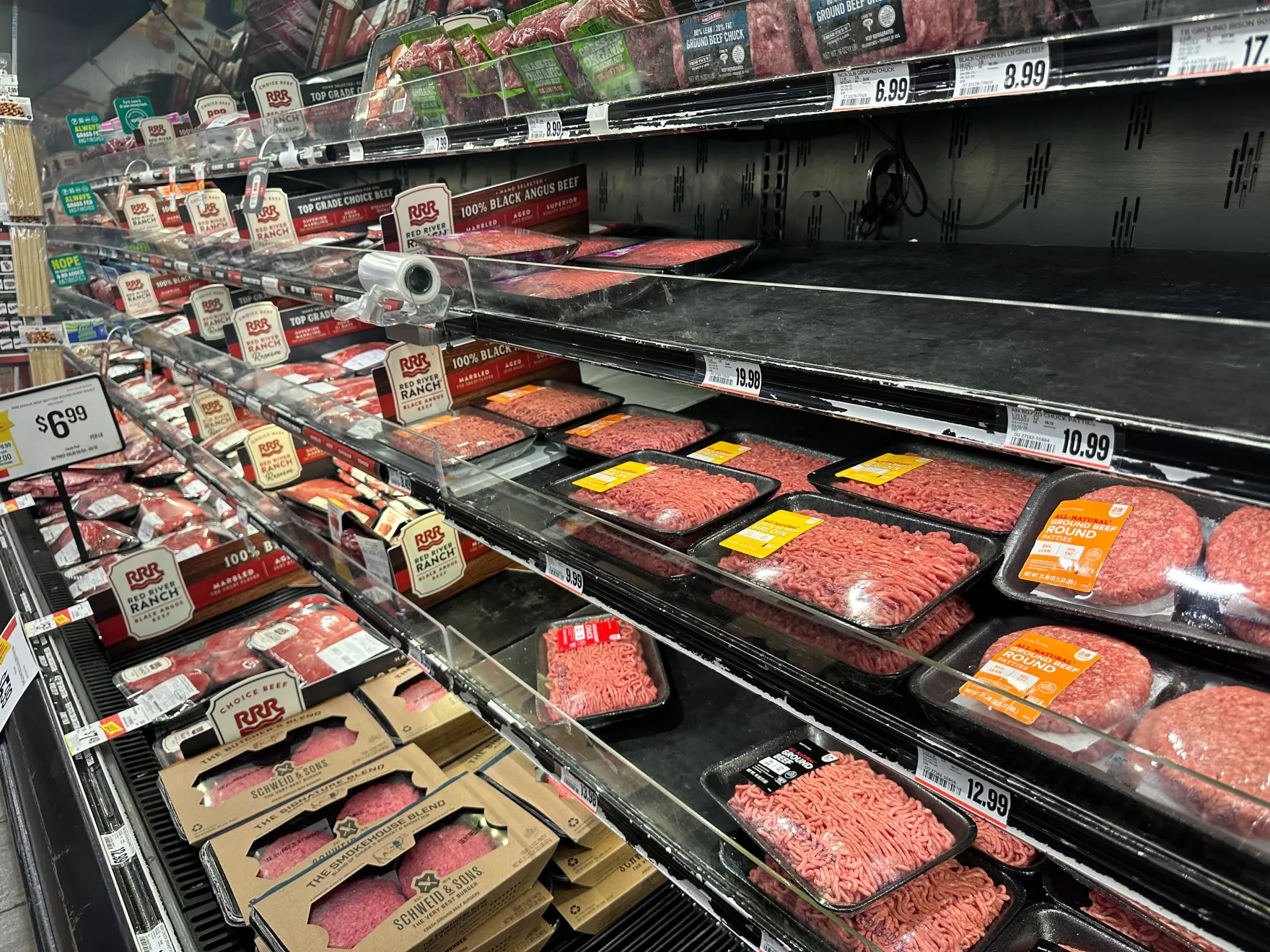Japan is buying more American beef. Experts say that’s good news for Wisconsin cattle farmers who are enduring one of the industry’s toughest periods.
For more than a decade, Japan only accepted American beef from cattle that were no more than 20 months old, out of concern that older cattle could be infected with mad cow disease. In a new agreement with the U.S., Japan raised the age limit to cattle as old as 30 months. With this change, U.S. beef exports to Japan are expected to grow from around $850,000 million a year to $1.5 billion.
Agriculture experts say Wisconsin will benefit from Japan’s openness to buying more US beef. John Freitag is the executive director of the Wisconsin Beef Council. He says it’s good news, at a time when some of the states 14,000 beef farmers are either considering leaving the business altogether, or shrinking their herds because of high feed prices: “It allows our producers to have more incentive to keep more of them in business so someday expand our industry.”
News with a little more humanity
WPR’s “Wisconsin Today” newsletter keeps you connected to the state you love without feeling overwhelmed. No paywall. No agenda. No corporate filter.
Japan will be competing with other countries to buy U.S. beef. Lodi area beef farmer Terry Quam says the more potential buyers, the better: “I’ll put it in layman terms, if you’re an automobile dealer would you rather have three people bidding on or coming in looking at car, or would you just want one?”
The Japanese market is especially attractive because consumers there embrace parts of the cow that aren’t as popular in the U.S., including the tongue, liver, and tripe.
Wisconsin Public Radio, © Copyright 2026, Board of Regents of the University of Wisconsin System and Wisconsin Educational Communications Board.
